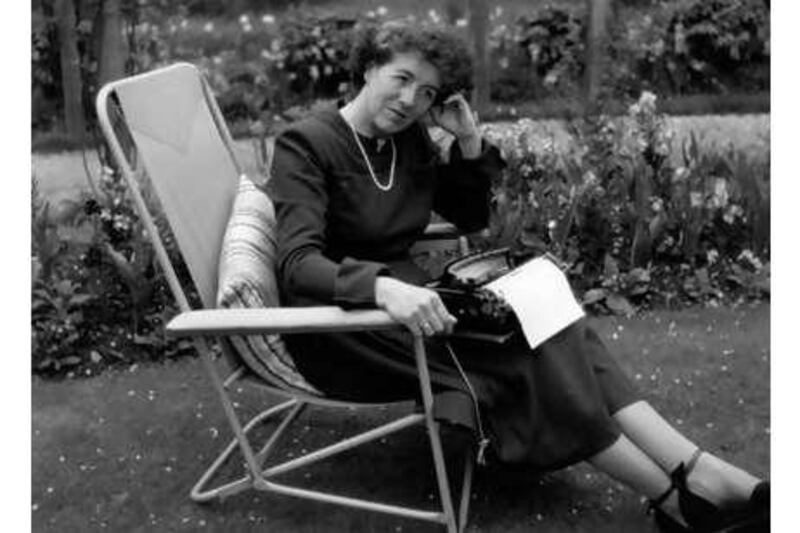The Famous Five have got themselves into the ghastliest of fixes. Today's children apparently have no idea what a "jolly jape" is. Nor are many of them fond of "lashings of ginger beer" any more. This is bad news for Enid Blyton's publishers, of course, who would find it rather thrilling to continue selling 500,000 Famous Five books a year. And so, beginning next month, Hodder will publish revisions to the 1940s language of the originals.
Thankfully, this doesn't mean Julian, Dick, Anne, George and, of course, Timmy the dog will be too busy instant messaging each other actually to go outside and have an adventure on Smuggler's Top. Timmy won't be dressed up in fashionable canine clothes. It's a relief, too, that the whole notion of the Famous Five hasn't morphed into a grimly depressing quest to win a television talent contest, featuring four friends and their loveable pet. It's only the words Hodder is changing - to remove the "expressions and language that may distance readers from the page-turning adventure of Blyton's brilliant stories", as it disclosed in a statement late last week.
As you'd expect, some of the amendments are obvious, and some are just a bit odd. "School tunic" has been changed to "uniform", "mercy me" has become "oh no!" and the children's "housemistress" is now simply their "teacher". All very 1940s, and admittedly outdated. But surely the seven-year-olds of 2010 wouldn't immediately snap shut Five Go Adventuring Again in bafflement if they came across "mother" and "father" instead of "mum" and "dad". The youth of today might not call a teacher's pet an "awful swotter", true. But would they really use the word "bookworm" instead?
All of which has prompted the usual backlash from fan bodies such as the Enid Blyton Society. And though Blyton was herself something of an advocate of plain speaking and understandable dialogue, there is something slightly sad about a world many have come to adore over the years passing into history. Still, no schoolchild on earth would mind if such updates caught on. Imagine their sighs of relief (and expressions of horror from everyone over the age of 18) if Shakespeare's 16th-century language were carefully updated to make sense in the 21st. Perhaps the horror would be misplaced - after all, the recent Twitter version of Romeo & Juliet displayed commendable restraint. But it's almost considered unrefined to admit that it can take time for even the most adult of readers to relax into the now-unfamiliar language. Time that is probably well beyond the attention spans of younger readers and theatregoers.
The most famous update of recent decades was probably the removal of golliwogs from the Noddy books, on the grounds of racial offensiveness. Coincidentally, of course, another Enid Blyton tale, but clearly the right decision in retrospect. But you do wonder whether last month's news that Tarzan is to be refreshed as the first eco-warrior (Jane, apparently, will have an iPod) is really that necessary. And then the real motivation behind such moves becomes clear: this is not so much an ideological drive to bring classics to a new generation as a way for publishers to protect future profits. After all, we're coming up to the centenary of the original Tarzan stories.
Hodder, though, has obviously thought carefully about the Famous Five updates beyond purely financial imperatives. You will still be able to buy the originals, and it at least appears there's a lightness of touch with the changes, which won't make too much difference to the actual adventures. And of course, language does change in meaning. Still, it's undeniably a perilous balancing act. Heavy-handedly removing anything remotely out-dated runs the risk of simply asset-stripping what makes the books great in the first place; the sense that they are set in a specific time that children are forced to use their imagination to picture. And in a way it presumes children aren't able to understand anything unless it is written in 2010, which is clearly ridiculous.
Charles Dickens may have used some difficult words, but is anyone suggesting children aren't enthralled by A Christmas Carol, written in 1843? All jolly peculiar. Sorry, that should have read "all very strange".






